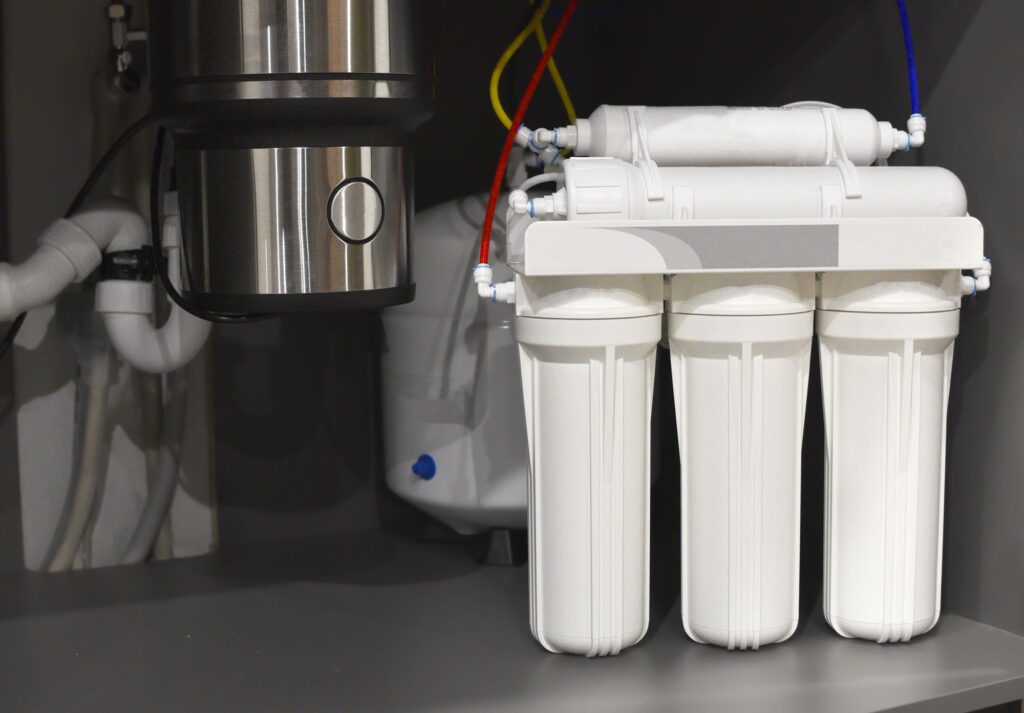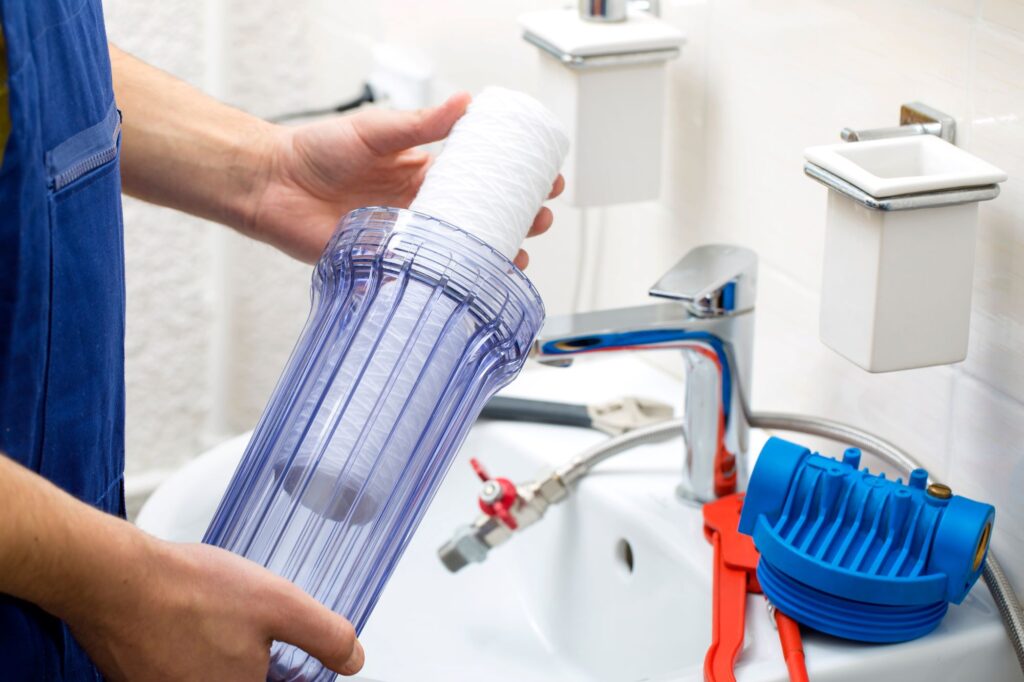
Water is an integral part of our daily lives, making the purity of our water supply a legitimate concern. Pollution of the water supply poses severe health risks, not only for children but also for adults. Contaminated water discourages us from cleaning food, drinking, or even preparing meals.
Unfortunately, pollutants such as germs, lead, and volatile chemical compounds can often be found in tap water. Thus, testing your water and installing a purification system based on the results is crucial. Several factors should be considered before selecting a water filter for your water source. Here are five crucial considerations to ensure you purchase the ideal home water filters:
- Maintenance
Maintaining your water filtration system is a critical part of ensuring you have access to clean and safe drinking water at all times. The specific maintenance requirements will depend on the type of water filtration system you have, but there are general guidelines you can follow.
Firstly, filter cartridges must be replaced regularly. The frequency of replacement will vary depending on the model and usage, but as a rule of thumb, it should be done every 3 to 6 months for smaller systems and every 3 to 5 years for larger whole-house systems. Be aware that if your water source contains high levels of contaminants, you may need to replace the cartridges more often.

Secondly, some filtration systems require additional maintenance steps, such as cleaning or backwashing. This process involves reversing water flow to flush out accumulated contaminants. If your system includes pre-filters or membranes, these might need to be cleaned or replaced regularly as well.
Monitoring your water filtration system is also important. Be alert to changes in water pressure, as a significant drop could indicate that the filter is clogged and needs to be replaced. Changes in the taste or color of the water can also be signs that the filter is no longer working effectively.
Lastly, consider professional maintenance. Some filtration systems are complex and may benefit from periodic check-ups by a professional. They can perform a comprehensive evaluation of the system, replace worn-out parts, and ensure everything is working efficiently. Reputable companies with stellar feedback are definitely worth considering.
- Water Contaminants
A water purification system that fails to remove specific contaminants in your water source is ineffective. Often overlooked is the importance of assessing water quality before choosing a filter. If your water tastes metallic or unpleasant, if its pH levels are low, or if it contains contaminants such as chlorine or heavy metals, a filter is necessary.
If your drinking water appears brown or light yellow, you need a water filter immediately. Have a professional test your water before selecting a purification system. Once you know the contaminants in your water, you can compare filtration systems designed to tackle these specific impurities.
- Water Filtration Rate
The filtration rate of the purification system is another critical factor. Different filter models produce varying amounts of purified water due to their individual filtration rates. The system you choose should be capable of meeting your family’s daily water needs.
To determine the optimal filtration rate, calculate the amount of freshwater your household uses daily for drinking, cooking, bathing, handwashing, dishwashing, and laundry. It would be counterproductive to run out of purified water while doing laundry, leaving your family with contaminated water.
- Purchasing And Installation Costs
Before making a final decision, consider the purchasing and installation costs of the filters. Don’t limit your consideration to the purchase price alone; also consider the type and model of your water filter, as these will affect the total cost. More advanced systems, due to their complex setup, will be more expensive to install.
Understand exactly how much it will cost to purchase and install the filters to avoid any confusion or inconvenience.
- Size Of The Family
Your family size should also be considered when choosing a water filter. Water purifiers have storage capacities to ensure a constant supply of clean water, even during power outages. Consider your household’s daily water usage before making your choice. For a family of four to six individuals, a filter with a daily production capacity of approximately 70 gallons is usually adequate.
Opt for a model with a large storage capacity if you often need a large amount of water at once. For larger families, an under-the-counter or countertop model is recommended.
Conclusion
Eliminating impurities and chemicals from our water supply can be a daunting task. Before purchasing a water filter, ensure you understand the contaminants in your drinking water and which ones you want the filter to remove. Consider your individual needs, such as cost and family size. Setting up and maintaining a system can be challenging, so choose a water filter that is easy to install and whose maintenance costs you can afford. Above all, invest in a filter that provides clean and healthy water for your daily needs.